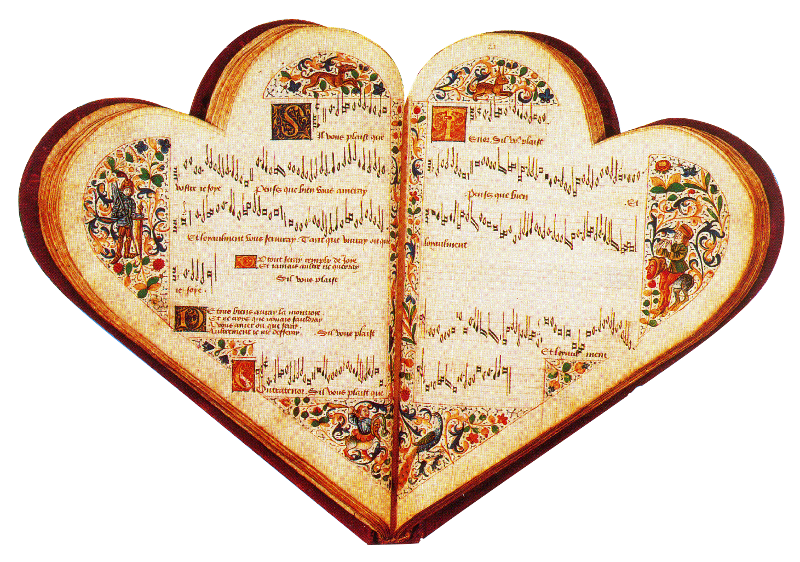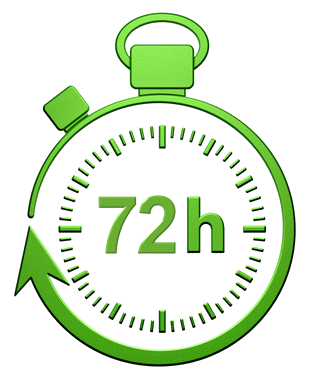Classique
Description :
Of Noblest Cities is intended for a choir of between 12 and about 40 voices, although it may also be given by just six singers, one to a part (SSATBB). The piece can be performed unaccompanied, if no suitable organ is available, simply by leaving approximately two crotchet beats of silence between the end of the last note of one verse and the beginning of the next. Underlying the melody is a simple rhythm which is sometimes expanded or contracted. In the first verse the position of the main beats in this rhythm is made clear by the barlines. In the remaining verses, however, the barlines are only there to help the singers to keep together, and for convenience in rehearsal: singers should observe their own strong beats, which fall in different places for each part, and not regard the barlines as indicating downbeats. A few of the strong beats which underlie individual parts and appear to be contradicted by the barlines are marked by the symbol / . The words are a beautiful Victorian translation of a Latin hymn by Prudentius, which meditates on the story of the three wise men. Each verse is set to the same melody, in an increasingly rich counterpoint inspired by the wonderful sound of Tudor choral polyphony. An inspiring selection of new works from a range of contemporary composers, the Novello New Choral Series offers pieces for all types of choirs, including sacred and secular works from simple, four-part settings to more expansive, yet accessible, repertoire in an exciting variety of styles. Jeremy Thurlow is a composer, writer and pianist. His music has been described as 'seductive, innovative, full of freshness' by Henri Dutilleux. It has been performed by the BBC Philharmonic, the Fitzwilliam String Quartet, Rolf Hind, the BBC Singers, Endymion, Carmen Elektra, Peter Sheppard Skaerved, Matthew Schellhorn and Sequitur (New York), among others. In 2007 he won the George Butterworth Award for new composition. As a musicologist he writes on French music in the twentieth century. His book on composer Henri Dutilleux is published in French by Millénaire III, and he has written and broadcast on the music of Messiaen and many other 20th-century composers, frequently appearing on Radio 3's CD Review



 Gagnez un bon d'achat dès 50€
Gagnez un bon d'achat dès 50€
 30 jours pour changer d'avis
30 jours pour changer d'avis
